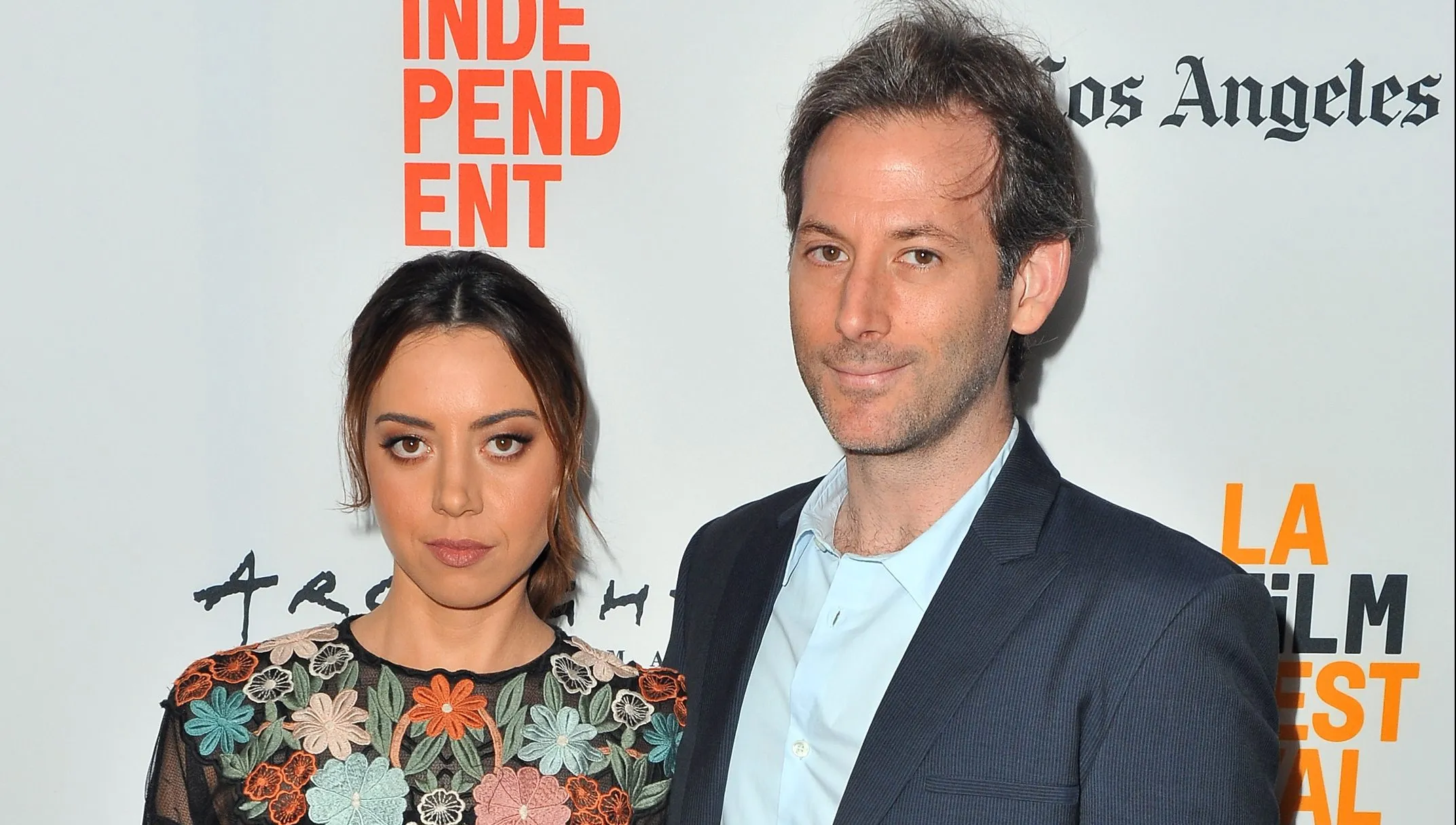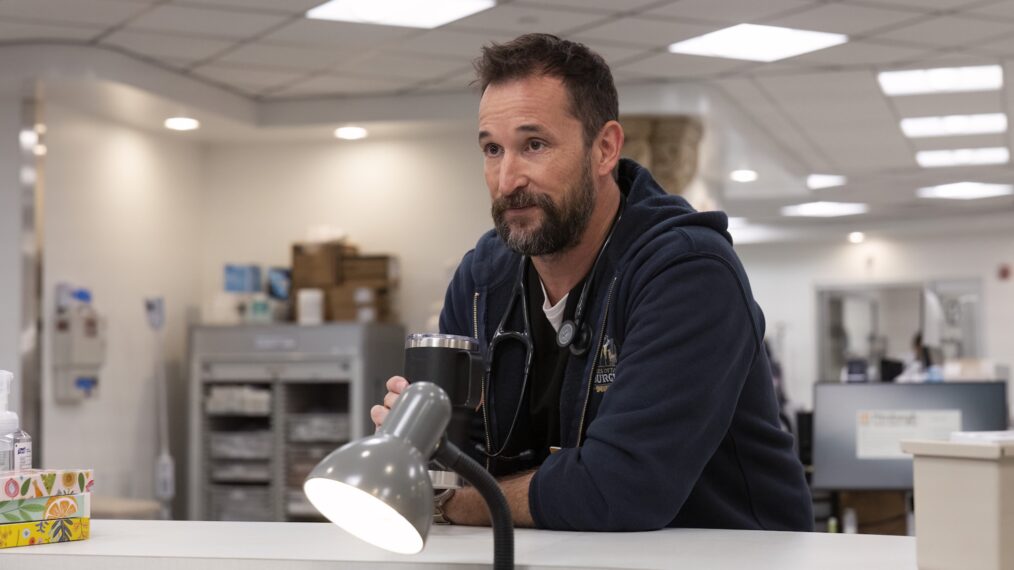
Proof that you shouldn’t judge a book by its cover (or more apt, a movie by its trailer), I’m Still Here is a subtly riveting drama filled with a swirl of joy and sorrow. It’s a must see for any serious purveyor of cinema.
Primarily set in the early days of Brazil’s descent into dictatorship in 1971, I’m Still Here follows Eunice, the matriarch of a large and happy family who is thrust into hardship when her husband is taken by the military without any news as to where he is, or even if he is alive.
Going in, I had only seen one sort of indie/artsy trailer that failed to capture the crackling energy and unsettling tension that permeates this incredible film. Director Walter Salles (The Motorcycle Diaries) captures your attention immediately, though how is hard to describe. For a while, he simply introduces us to the goings-on of the Paiva family, an affluent, easygoing, and content group where the parents are in love, the children spend their days at the beach or getting wet outside, and all is good in the world. But the darkness soon begins to edge in at the corners, whispers of something going horribly wrong. Even when Rubens Paiva is taken, he goes smiling and well dressed, promised he will return.
I’m Still Here soaks into your soul; you feel what is happening before you observe it. Joy. Suspicion. Fear. Terror. Resilience. The emotions come in unexpected but unending waves.
The performances are strong across the board—including the youngest of actors—but Fernanda Torres shines as the emotional core, the woman whose outright fear or sense of loss only burst forth in brief moments, even when she wears the burden of her family’s troubles squarely on her shoulders. Torres gives one of the best performances of the year.
I’m Still Here is a testament to quality filmmaking, an extraordinary drama built on emotion and depiction of resilience. It is one of the best movies of 2024.
Review by Erik Samdahl unless otherwise indicated.



















![Mandy Patinkin as [Spoiler], What’s Next for Oliver and Josh in Season 2 (Exclusive) Mandy Patinkin as [Spoiler], What’s Next for Oliver and Josh in Season 2 (Exclusive)](https://www.tvinsider.com/wp-content/uploads/2025/01/brilliant-minds-113-oliver-mandy-patinkin-1014x570.jpg)
![Brilliant Minds Season 1 Finale Review: [Spoiler’s] Return Throws Oliver’s World Out of Control Brilliant Minds Season 1 Finale Review: [Spoiler’s] Return Throws Oliver’s World Out of Control](https://cdn.tvfanatic.com/uploads/2025/01/Rushing-to-Save-the-Apartment-Victims-Brilliant-Minds-Season-1-Episode-12.jpg)



























































